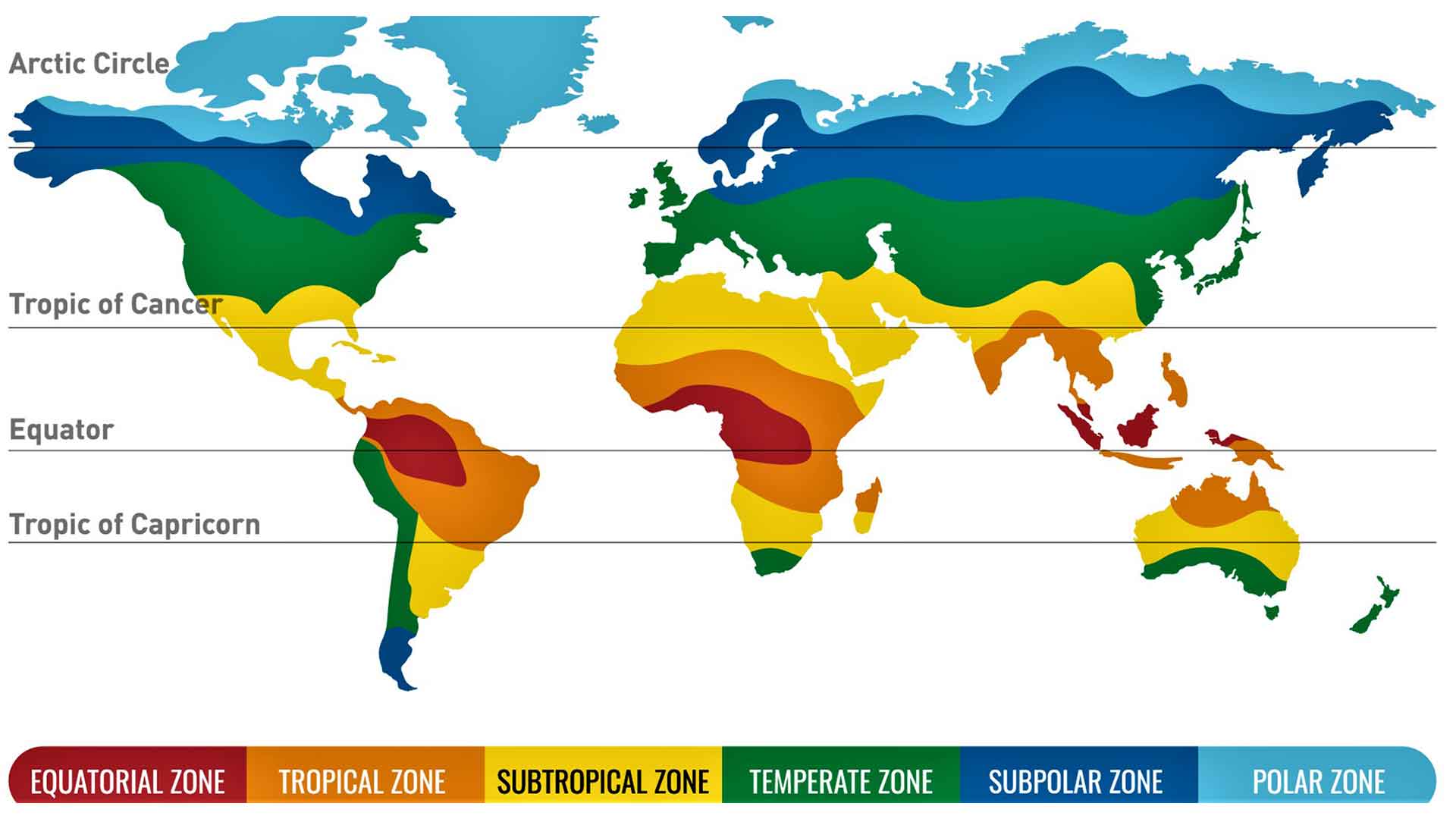UNESCO organized an event on the 16th of February 2021, called Building Ethical and Sustainable Relations between Humanity and Nature, as part of an activity called Together for Peace (T4P). The webinar focused on key concerns confronting today’s world: the climate crisis and the destruction of our natural environment. These issues are of substantial importance for world peace. The webinar highlighted the need to turn from debating environmental issues of relevance for human survivability, to concrete action. Presenters encouraged the application of promising practices of people living in harmony with nature.
Introduction
Dr. Benno Böer, Natural Sciences Programme Specialist, welcomed audiences to the second T4P webinar. He started the webinar with this valuable sentence: “Don’t do to others what you don’t want others do to you” as a contribution to peace. He specified that the webinar was about contributing to peace by forming better relations between humanity and nature.
Welcome Address
Mr. Shigeru Aoyagi, Director of UNESCO Regional Bureau for Education for Asia and the Pacific, welcomed participants and introduced the T4P initiative and its role in promoting positive peace in the region. The 5Ps (People, Prosperity, Planet, Partnership and Peace) from the 2030 Sustainable Development Agenda demonstrate the importance of this balance between Planet, People and Peace. Mr. Aoyagi remarked that T4P is about enhancing everyone’s awareness and knowledge of the root causes of conflicts and nurturing peaceful and responsive behaviours on a day-to-day basis. If we do not address the climate crisis, the consequence will be dramatic and devastating, which is seen in the present day in the effects of the climate crisis.
Opening Remarks
Dr. Shamila Nair-Bedouelle, UNESCO Assistant-Director General, Natural Sciences Sector, opened her remarks on the importance of making peace with nature and for nature. To achieve this goal, we should promote a “Coalition with Nature”. We should look at nature as our equal. This means proposing a new paradigm of how to live in harmony with nature. She added that UNESCO’s world network of biosphere reserves will celebrate its 50th anniversary this year (2021). Biosphere Reserves demonstrate that it is possible to restore, conserve and preserve nature, living in harmony with the natural world. Dr. Shamila emphasized the fundamental role of youth and women in promoting living in harmony with nature.
Here you can review the entire webinar
Keynote I:
Biosphere Reserves: Models for Sustainable Human Living
Prof. Roman Jashenko, Representative of the MaB Committee of the Kazakhstan National Commission for UNESCO, presented the importance of UNESCO Biosphere Reserves, part of a global network of designated natural sites (with Natural World Heritage and Global Geoparks), whose main functions are conservation, awareness raising and sustainable communities. Key aspects of sustainable management include appropriate zoning, strengthening public awareness and community involvement. Prof. Jashenko also highlighted that nature is a source of ideas and inspiration for designers. Our planet Earth has a human ecological carrying capacity that we should not overstep.
Keynote II:
Human Survivability
Prof. Kaoru Takara, Graduate School for Advanced Integrated Studies in Human Survivability, Kyoto University, Japan and UNESCO Chair WENDI (Water, Energy and Disaster Management), presented an informative talk about human survivability. He noted the purpose and key action of WENDI, which has six educational programmes under two cross-cutting themes: climate change and data science. Prof. Takara presented the statistics of Global Risk from 2009 to 2019, ranking the top 10 global risks for 2021 by likelihood and impact terms. Lastly, he pointed out that in emergency situations such as natural hazards, pandemics and wars, we should remember UNESCO’s message – since wars begin in the minds of people, it is in the minds of people that the defences of peace must be constructed.
Panel Discussions
In this section, four important questions regarding nature and peace were discussed by the panelists:
- Would you agree that people need to reconnect with nature? And if so, how and why? And how does this relate to peace?
- Do you think that our current conceptualization of the relationship between human and nature is conducive to preventing the destruction of the natural environment and promoting peace?
- What worries you most about the adverse impact of climate change on peace? And how would you engage science education and young people to build climate resilience?
- For humanity as a whole, why don’t we do more about the existential threats of loss of biodiversity, climate change and pollution? And what we should immediately do to improve the situation?
Time for Nature
Ms. Sriaram Siriporn, Acting Head of Thailand Office, IUCN, shared her ideas on reconnecting with nature When we talk about reconnecting, we may have forgotten that every day, every moment in life, every breath, we already connect with nature. She noted that peace is a state of mind. Ms. Siriporn added that nature can provide the basic essentials that the body needs, e.g. fresh air, fresh water, and soil, and that peace is an important part of this, leading the IUCN to launch a programme called Nature for All. This programme encourages people to go out and be connected with nature. She has finished her talk by advising: “We cannot continue to live without thinking about peace and the SDGs.”
Peace-People-Nature
Prof. Deepak Sharma, Vice President for Academic Affairs, Asian Institute of Technology (AIT), said the solution to dealing with the climate change, restoring the natural balance, and attaining peace should be a simple change in our actions. Then, he raised three questions:
- Why, despite years of effort, so many agreements, treaties and promises, do we still find ourselves in such a predicament?
- Why do we find it so difficult to alter our behaviour and actions?
- Why have we been unable to translate our will to change into collective action?
He added that there is already so much commentary on these questions, but we still did not seem to move forward. Something more fundamental is at play: our conception of the human relationship with nature. “Who are we?”, “As a human, what is life?”, “What is the meaning and purpose of life?”, “What is our relationship with nature?” Human economic wellbeing has become an all-encompassing mantra, thus economic growth and using technology to harness the bounties of nature has become the norm.
Should we give up as the odds are so heavily stacked against meaningful action? ”Absolutely not.” It is morally incumbent on us to continue the dialogue and put forward ideas that lead to the rethinking our relationship with nature and contributing to the design of sustainable policies to restore the balance. He emphasized that we must also realize if we do not act, nature will.
Climate Change
Mr. Toru Terai, First Secretary and Alternate Permanent Representative of Japan to ESCAP, Embassy of Japan in Thailand, talked about the adverse impacts of climate change, the food crisis and their impacts on peace. He illustrated this with several consequences of global climate change that will have adverse effects on agricultural production and fishery products, suggesting governments must focus more on promoting environmentally-friendly behaviours by individuals. Science education is also necessary to engage young generations to take action on climate change. He added that we have to develop new technologies and emphasized that science education is critical for the realization of all aspects of sustainable development.
Humanity and Nature
Prof. Anantha Kumar Duraiappah, Director, UNESCO MGIEP, highlighted that all aspects of ecosystem services are interconnected. If we disrupt one, we disrupt with the others. He explained the importance of balance between different constituents of wellbeing, pointing out that the problem lies with individualism. We need to move away from “me” to “you”. We a need to understand emotions to build new competences that result in positive peace. This is the idea behind social and emotional learning. Finally, Prof. Duraiappah remarked that positive peace can be achieved by building social emotional skills during the school years, which has the highest rate of return.
Closing Remarks
Prof. Shabaz Khan, Director, UNESCO Regional Bureau for Sciences, presented the conclusions and recommendations from the webinar participants.
- 78,4 % of the participants mentioned ‘Climate change’ as the most pressing environmental problem for humanity, followed by 65,8 % for ‘Biodiversity loss’.
- 86,5 % of the participants suggested that ‘Prioritizing climate action, environmentally sustainability in national policies.
- 53,2 % of the participants suggested to support scientific research into clean energy and climate action.
- 51,4 % of the participants suggested to transform schools into places that exercise climate resilient practices.
This is a very clear outcome, that reflects quite accurately the UN 75 survey of last year, when the people of the world mentioned climate change and environmental degradation as their top-priority concerns.


